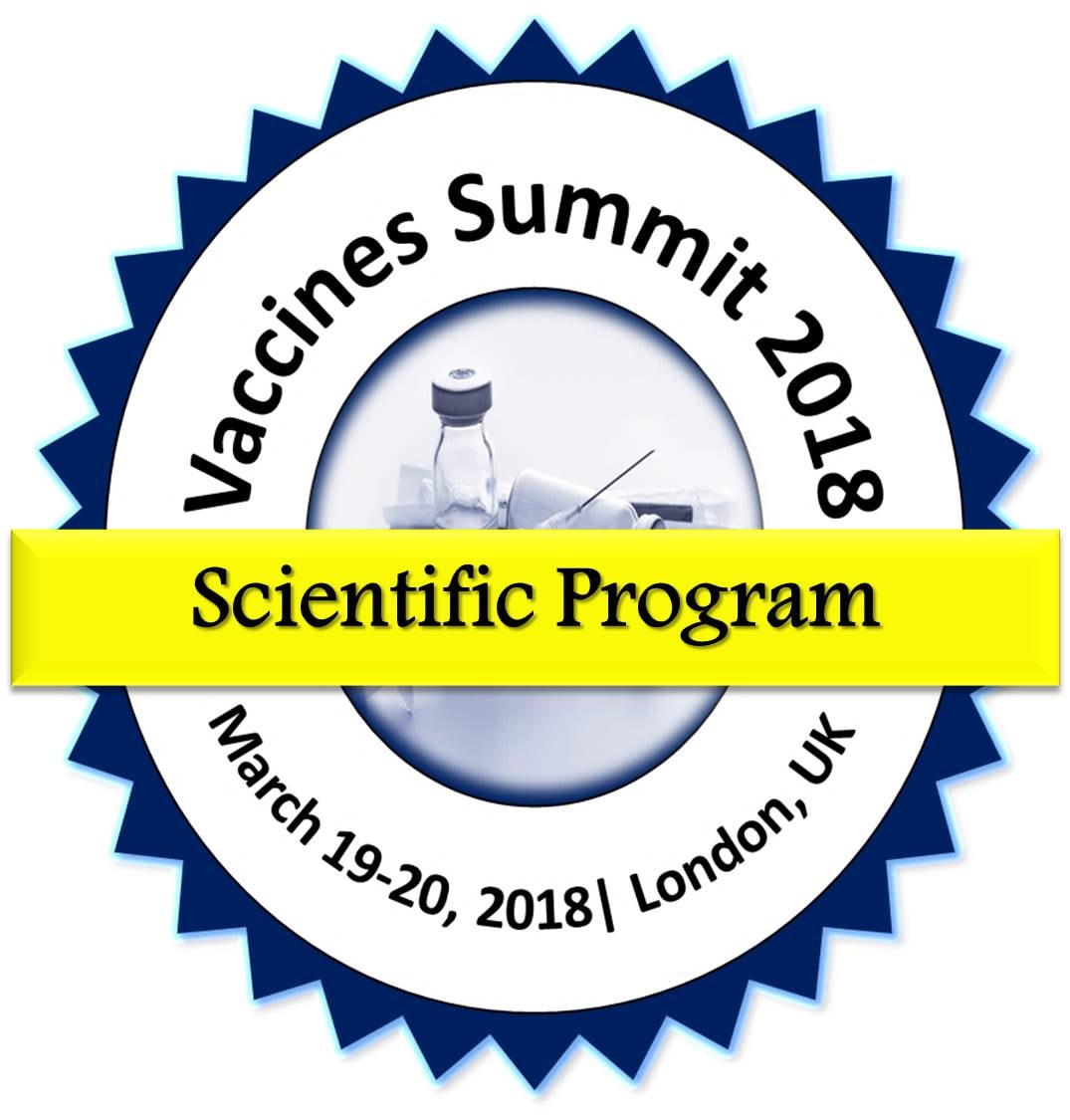
Biography
Biography: Poupak Fallahi
Abstract
Statement of the Problem: In predisposed subjects autoimmune reactions to vaccines can rarely be induced by molecular mimicry or bystander activation mechanisms. Th e pathogenesis of type 1 diabetes (T1D) is complex and derives from a combination of
genetic, hormonal, immunological, and environmental factors, and viruses seem to have a determinant role among the diff erent environmental factors.
Methodology & Theoretical Orientation: The literature about the possible association between vaccines and T1D in humans has been reviewed.
Findings: The available data do not support an association between vaccines and T1D both in young adults, or children. However, evidence about this association are incomplete and not clear as several factors appear to be involved in the development of T1D. Several experimental data have suggested that vaccines could exert a protecting or aggravating effect on the occurrence of diabetes, regarding on the timing of vaccination. In adults, a study conducted in active component US military personnel did not observe a signifi cant increased
risk of T1D aft er vaccination with anthrax vaccine adsorbed, smallpox vaccine, typhoid vaccine, Hepatitis B vaccine, Measles Mumps and Rubella (MMR) vaccine, or Yellow fever vaccine. Well-designed and long-term studies about the use of vaccines and incidence of childhood diabetes are ongoing.
Conclusion & Significance: Further studies are needed in order to understand the possible association between vaccines and T1D in humans.

